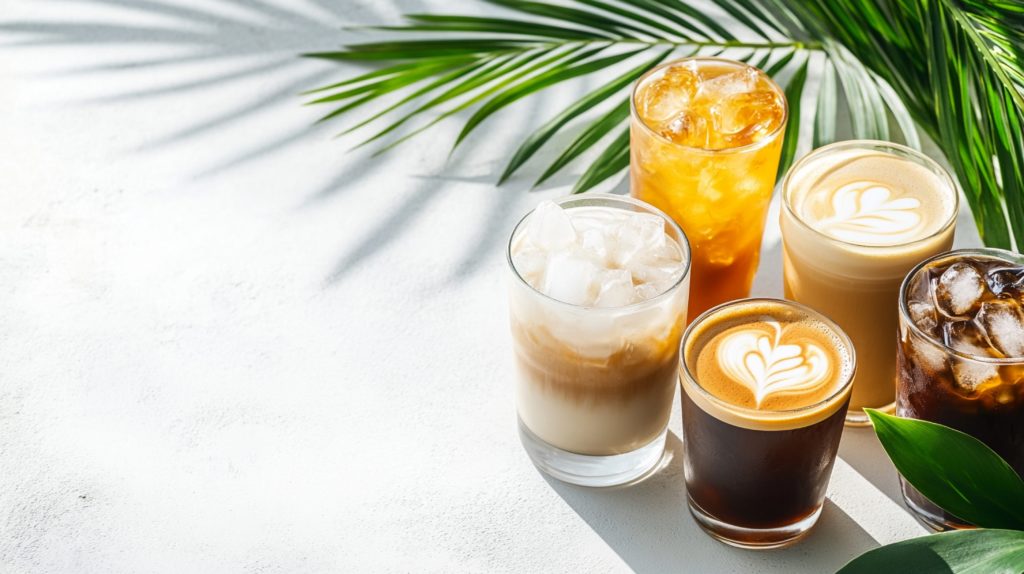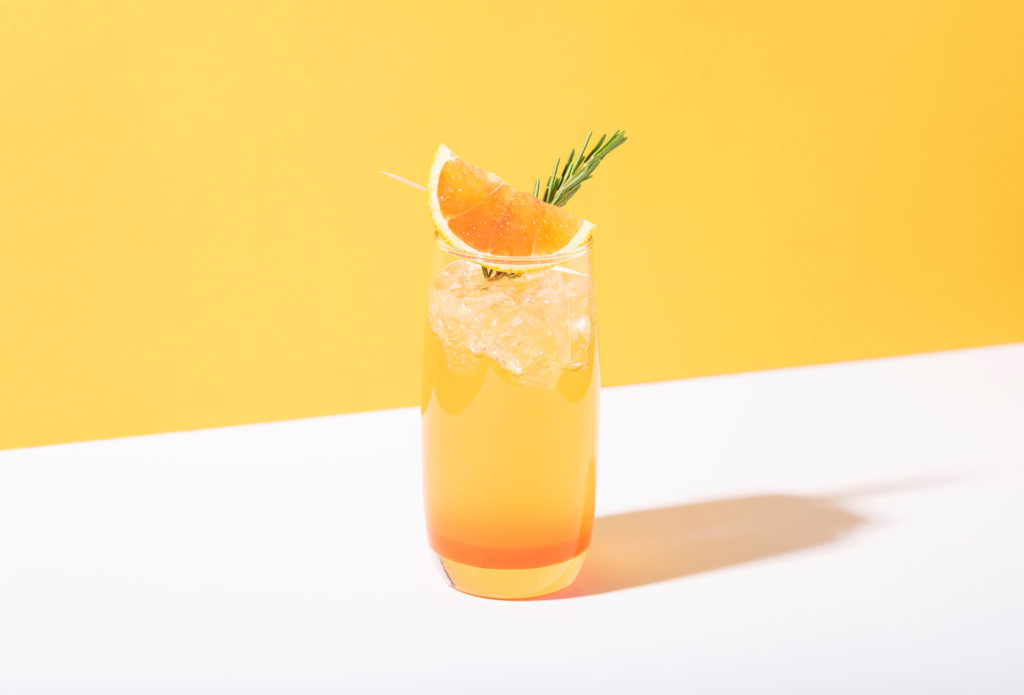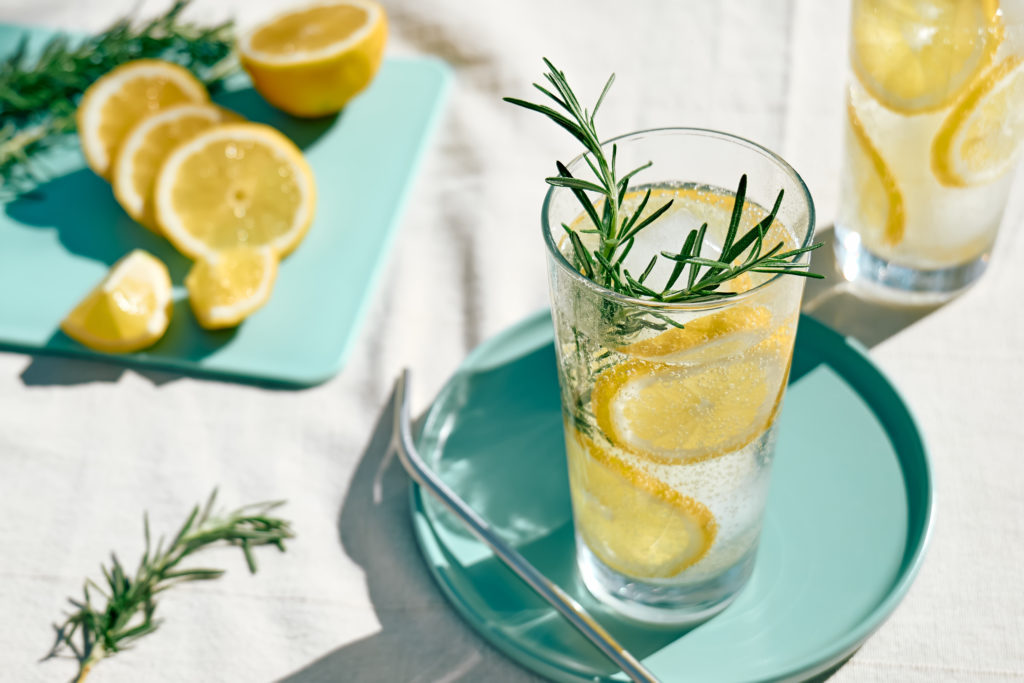Prioritizing Pleasure
Consumers are seeking enjoyment and comfort in their beverage choices
In 2025, people are embracing a more balanced approach to health — one that allows for occasional indulgence. As day-to-day stress remains high, beverages are becoming a simple way for consumers to relax and enjoy a moment of escape.
Hot drinks like tea, coffee, and hot chocolate continue to be especially popular for these self-care moments, as they’re often associated with warmth, comfort, and familiarity.
When it comes to indulgent beverages, taste is the top priority. Even when a drink offers functional or health-related benefits, flavor remains the key driver of perceived value — FMCG Gurus’ consumer insights show that 70% of consumers say taste is the most important factor when deciding if a drink is worth the price.

Bright and Bold
Beverages are becoming a form of personal expression
While some consumers continue to seek familiar, nostalgic flavors, others are using beverages as a way to express individuality. Brands can meet this demand by creating drinks with enhanced sensory appeal — including unique flavors, textures, and colors.
This approach not only enhances the overall experience but can also justify premium pricing. As global flavors become more accessible, consumers are more open to trying new and exciting taste profiles. Though sweet flavors remain the most popular, interest in spicy or bold options is growing. For example, FMCG Gurus’ market research reveals that 82% of consumers say they enjoy hot and spicy flavors, indicating a desire to try something different and stand out.

The Mantra is Wellbeing
Emotional wellness is a key focus for consumers
With stress and anxiety on the rise, consumers are increasingly looking for beverages that support emotional and mental wellbeing. Many are taking a holistic view of health, looking for products that can help improve mood, reduce stress, and increase energy.
Botanical ingredients are gaining popularity for their perceived natural health benefits. These ingredients are often used to support sleep, immunity, and relaxation, and are also being seen as alternatives to alcohol. They offer some of the same benefits — such as helping people unwind — without the negative effects.
However, clear labeling is important. FMCG Gurus’ consumer insights indicate that around 30% of consumers say they would not recognize the use of botanicals in a beverage unless it is clearly indicated. To build trust and awareness, brands need to clearly communicate ingredient benefits on the packaging.
